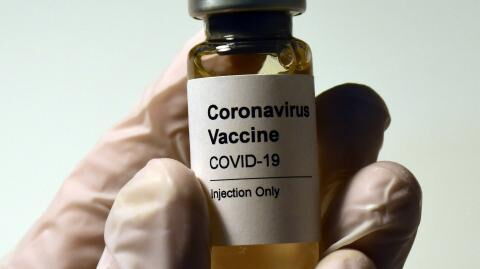The latest real-world vaccination study, conducted by researchers at the University College London (UCL), has shown that Britain’s vaccination efforts have not gone down in vain.
Discover our latest podcast
Promising results
After studying 8,517 people in England and Wales, researchers discovered that 96.42% of the group developed antibodies 28 to 34 days after their first jab. The second jab triggered the production of antibodies even further in 99.08% of their participants. Those who received the Pfizer/BioNTechvaccine initially produced a higher rate of antibodies, however after four weeks results showed that the Oxford/AstraZeneca vaccine had an identical rate. Dr. Maddie Shrotri, lead author of the paper said:
This is one of the earliest real-world vaccine studies in the UK and it is fantastic news.
Over nine out of 10 adults in the UK who had either the Pfizer or AstraZeneca vaccine produced antibodies against the virus within a month of their first shot.
How well these vaccines work is remarkable, especially given the speed at which they’ve been developed. It’s a real feat of science in the face of the most devastating pandemic in a century.
Importance of second jab
Moreover, the results of the study have revealed that it is crucial that everyone get their second booster jab. Researchers have found that the first dose produced fewer antibodies in older people, but after the second jab, people from all age groups had high levels of antibodies. Professor Rob Aldridge, chief investigator of the UCL study said:
The UCL Virus Watch data shows that for older adults and for people with underlying health conditions, the antibody response is a bit weaker after the first dose of the vaccine, but strong after the second dose.
It is a timely reminder about the importance of getting the second dose of the vaccine. But it is also reassuring–vaccines are our way out of the pandemic.















